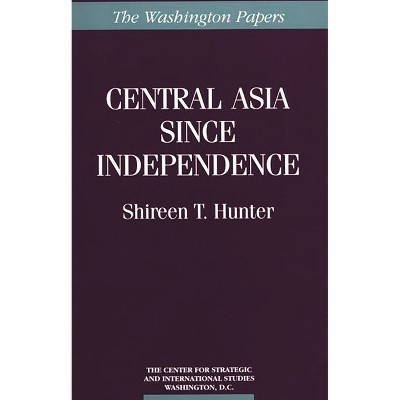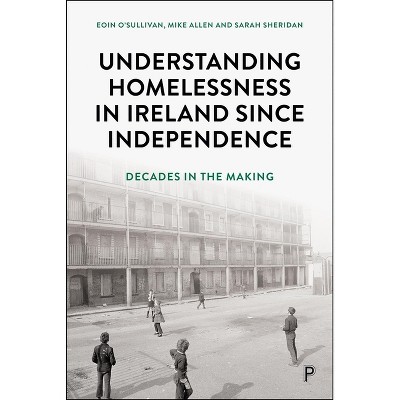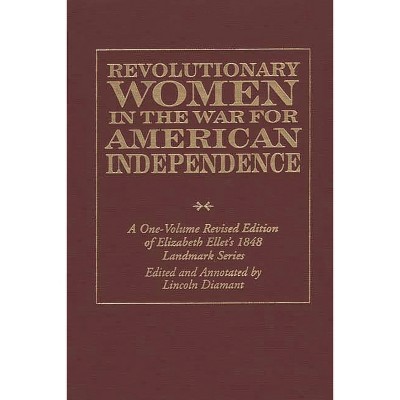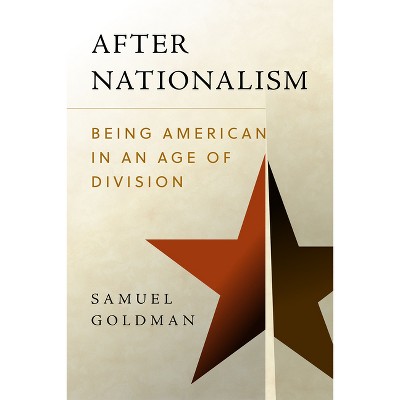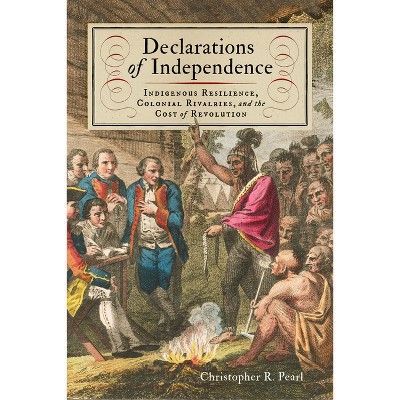Sponsored

Slovakia Since Independence - by Minton F Goldman (Hardcover)
In Stock
Sponsored
About this item
Highlights
- Since becoming an independent country after its split from Czechoslovakia in January 1993, Slovakia's development from communism to political and economic democracy, underway when it was part of post-Communist Czechoslovakia, has been difficult and halting.
- About the Author: MINTON F. GOLDMAN is Professor of Political Science at Northeastern University.
- 264 Pages
- Political Science, Political Ideologies
Description
About the Book
Since becoming an independent country after its split from Czechoslovakia in January 1993, Slovakia's development from communism to political and economic democracy, underway when it was part of post-Communist Czechoslovakia, has been difficult and halting. Goldman starts with an analysis of the influence of a strong ethnic-based nationalism on Slovak relations with Czechs from 1918 through the Second World War and the years of Communist rule through to the breakaway from Czechoslovakia and the creation of an independent state. Goldman then examines the political, economic, socio-cultural problems and international difficulties the new Slovak state experienced as it tried to develop a democratic political system, move toward a free market economy, achieve societal unity and cohesion, and protect its interests abroad.
In showing how a strong Slovak nationalism rooted in recent history has had an impact on policymaking in almost every sphere of national life, Goldman examines the roots and causes of Prime Minister Meciar's authoritarian leadership, the halting and uncertain transformation of the Slovak economy to a free market, the difficulties of governing the country's minorities, and the development of new relationships with areas of strategic as well as economic importance to Slovakia's well being as an independent state. This comprehensive and up-to-date analysis will be of great importance to scholars, students, and other researchers involved with Eastern European Studies.
Book Synopsis
Since becoming an independent country after its split from Czechoslovakia in January 1993, Slovakia's development from communism to political and economic democracy, underway when it was part of post-Communist Czechoslovakia, has been difficult and halting. Goldman starts with an analysis of the influence of a strong ethnic-based nationalism on Slovak relations with Czechs from 1918 through the Second World War and the years of Communist rule through to the breakaway from Czechoslovakia and the creation of an independent state. Goldman then examines the political, economic, socio-cultural problems and international difficulties the new Slovak state experienced as it tried to develop a democratic political system, move toward a free market economy, achieve societal unity and cohesion, and protect its interests abroad.
In showing how a strong Slovak nationalism rooted in recent history has had an impact on policymaking in almost every sphere of national life, Goldman examines the roots and causes of Prime Minister Meciar's authoritarian leadership, the halting and uncertain transformation of the Slovak economy to a free market, the difficulties of governing the country's minorities, and the development of new relationships with areas of strategic as well as economic importance to Slovakia's well being as an independent state. This comprehensive and up-to-date analysis will be of great importance to scholars, students, and other researchers involved with Eastern European Studies.Review Quotes
?Valuable for undergraduates, graduate students and scholars interested in the history and recent political, social, and economic changes in Eastern Europe.?-Choice
"Valuable for undergraduates, graduate students and scholars interested in the history and recent political, social, and economic changes in Eastern Europe."-Choice
About the Author
MINTON F. GOLDMAN is Professor of Political Science at Northeastern University. A specialist in Russian and East European politics, he has published extensively, including Revolution and Change in Central and Eastern Europe and Russia, The Eurasian Republics, and Central/Eastern Europe.





